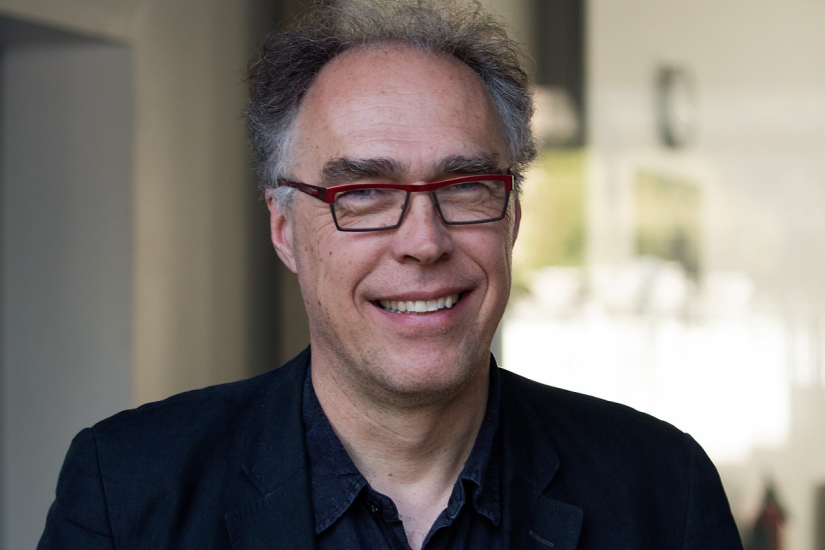
In recent years, the Western world has experienced a series of unexpected and highly consequential events, such as the 9/11 terror attacks, the 2008 financial collapse, the European refugee crisis, Brexit, and the election of Donald Trump, to name a few. These events were unanticipated by the general public, but also by most social scientists whose job would have been to foresee such events. One response has been to offer plausible ex post explanations for each instance and discover with hindsight what factors we should have looked at to make the right predictions. A second approach takes a much wider perspective and asks how we, and especially experts, make predictions and what broader consequences various predictive technologies carry. This line of research accepts that the future is fundamentally uncertain, and understands predictions as strategic devices.
Akos Rona-Tas (Ph.D. University of Michigan, Ann Arbor) is Professor of Sociology at the University of California, San Diego. He is the author of two books. Great Surprise of the Small Transformation: Demise of Communism and Rise of the Private Sector in Hungary (University of Michigan Press) explored the economic roots of the peaceful collapse of communism and the subsequent market transition. Plastic Money: Constructing Markets for Credit Cards in Eight Postcommunist Countries (Stanford University Press with Alya Guseva) published in 2014 is a comparative historical study of market creation in Europe and Asia. His other publications include articles in the American Sociological Review, American Journal of Sociology, Theory and Society, Socio-Economic Review, Social Science Research, Research on Sociology of Organizations, Journal of Comparative Economics, Research in the Sociology of Work, and Sociological Research and Methods. He is currently studying the problem of rationality and uncertainty in two different contexts: credit assessment and the use of science in food risk management and working on a book on the use of algorithms and human judgment in predicting human behavior.
A reception will follow.